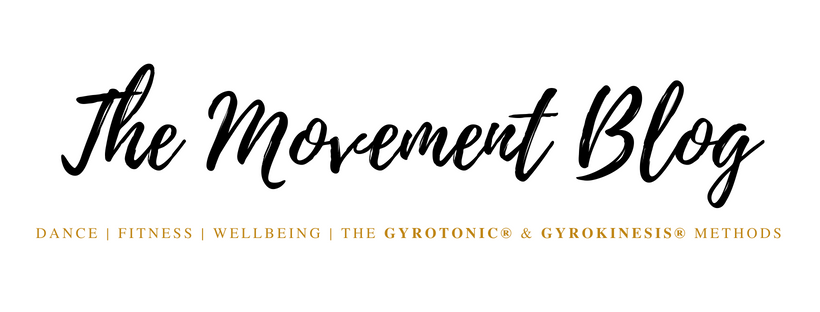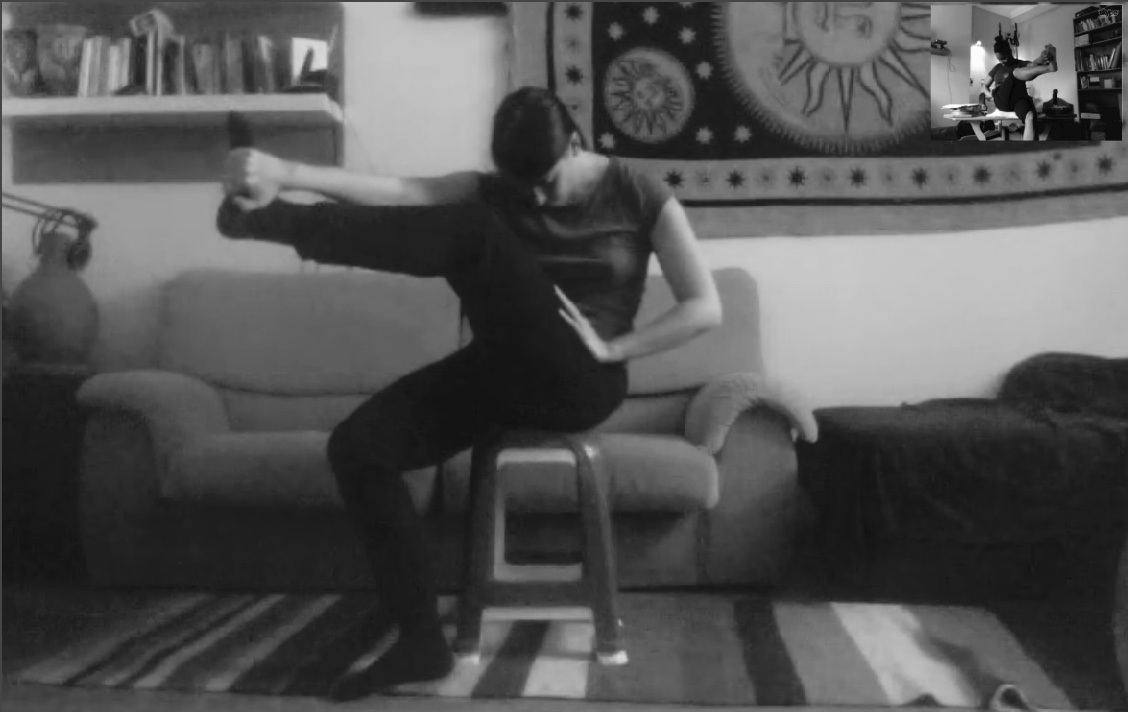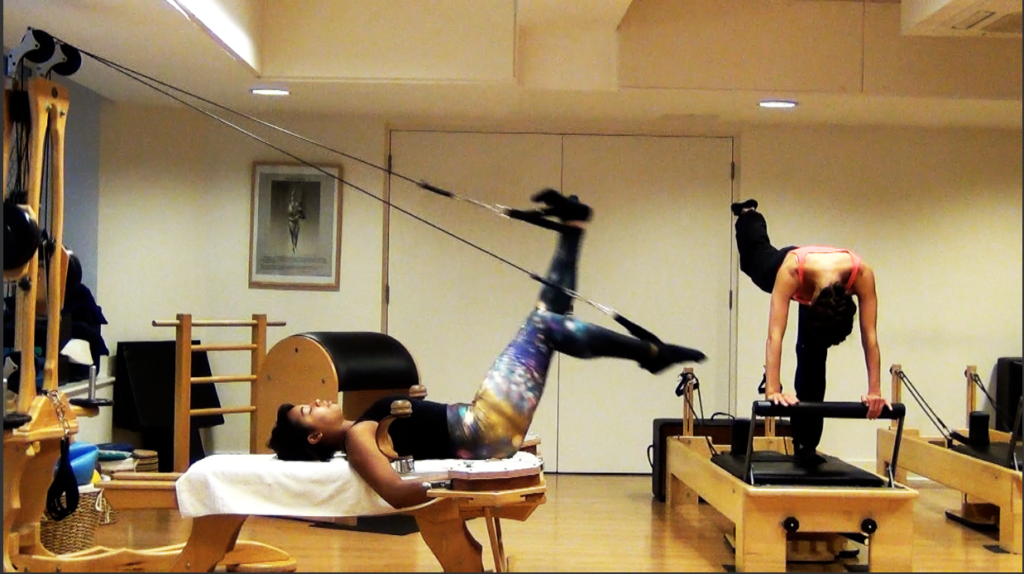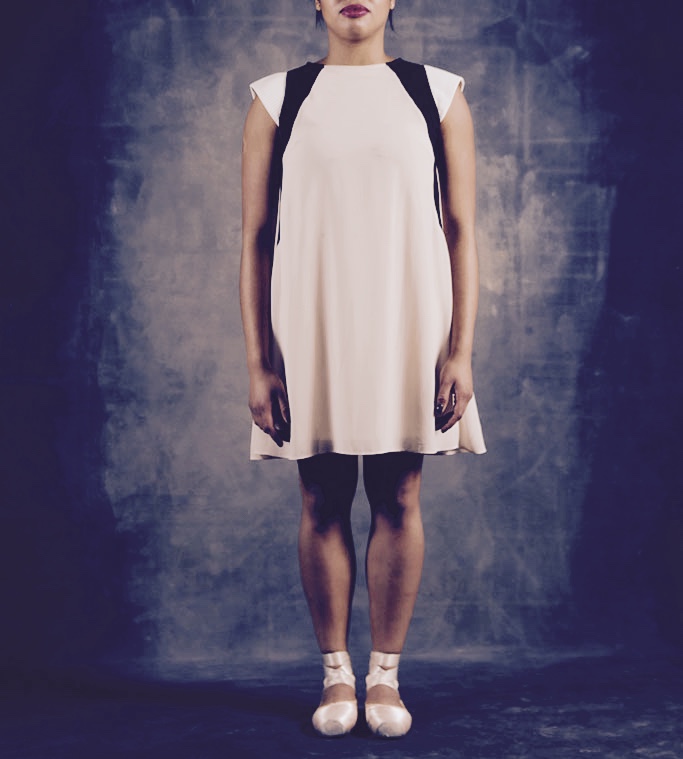(Above: Teaching a GYROKINESIS® class via Video Chat to help dancer, Valeria Caboi, recover from an old hip injury.)
Often times dancers have to deal with either old and/or new injuries, especially when returning to training and performance.
Even when we train, retrain, and cross train to prevent and reduce injury old or even new injuries could flare up when the body is doing something . New injuries can be caused by overexertion, fatigue, or accidents like falling or tripping. So how should a dancer cope when getting back to dance, movement, and performance?
Here’s some basic advice that every dancer should know and implement.
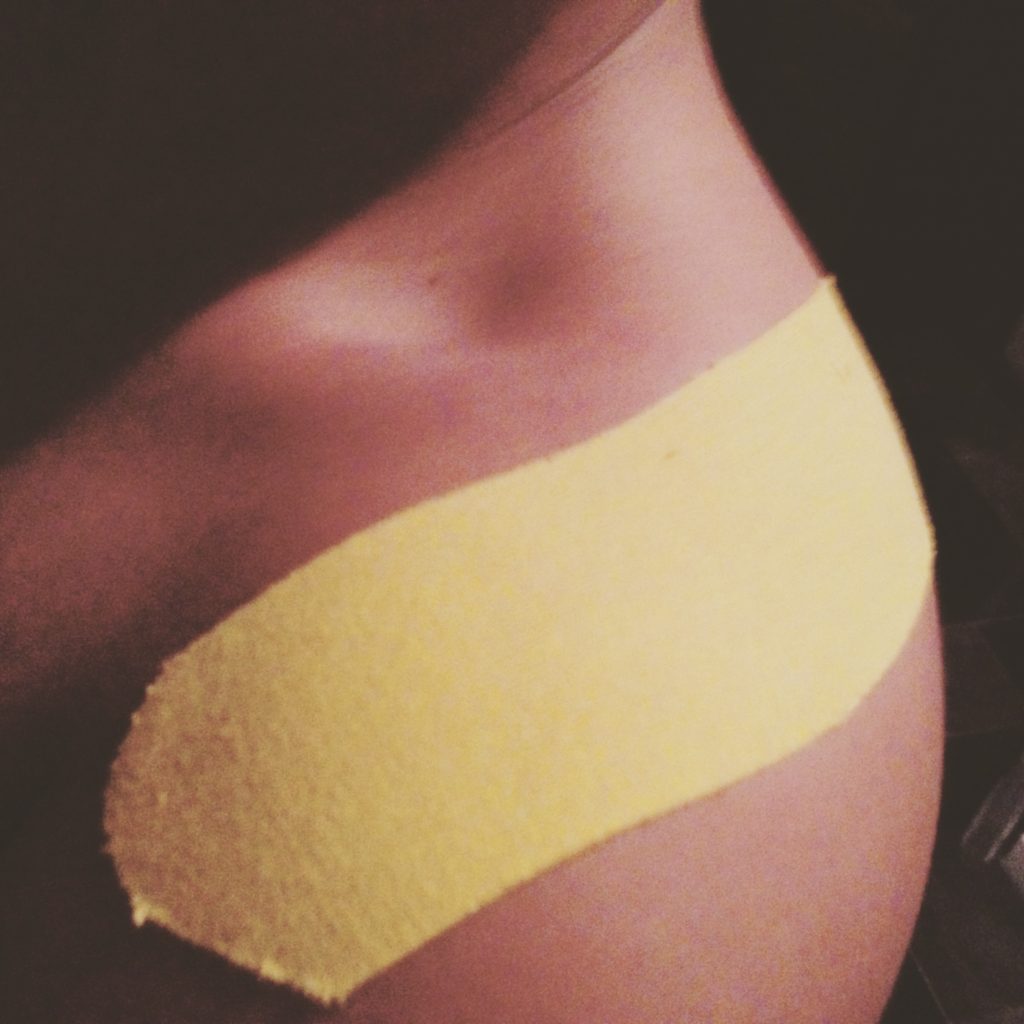
1) Deal with the injury.
-
Rest, ice, compress, and elevate (RICE) the injury area if needed. In addition, the UK’s NHS website notes ‘Protection’ as the first protocol (PRICE), which means to protect the injuries area from further harm.
-
Whether it’s a new or recurrent injury, book an appointment with an Osteopath, Physiotherapist, or with a Doctor to ensure nothing is torn or fractured and to determine whether it is an acute or chronic injury.
2) Listen to your body.
-
Avoid ‘pushing through’ and continue resting and any recommended treatment, especially if the injured area is still sensitive.
-
Know your limits. Consider taking only the first half of a class to protect the injured area and to ensure the injured area has healed properly.
-
Don’t be ashamed to let teachers know. Although we aim to avoid injuries when at all possible, dealing with an injury properly is just as important.
3) Slowly get back in the game.
-
Focus on proper alignment, beginning and finishing movements correctly, and using true range of motion (i.e. turnout).
-
Know what areas to strengthen and stretch and continue recommended exercises given by therapist or doctor if necessary.
-
Stay aware of what may have initially caused the injury to help prevent and reduce re-injury.
Want to try something new to ease any pain or discomfort within your dancing?
Check out my GYROTONIC® Case Study Recruitment for discount sessions.
Healing Sources
Lazy Dancer Tips by Alessia Lugoboni
Technique Class Participation Options for Injured Dancers
RNOH NHS: Centre for Dance Medicine (UK)
Osteopathy & Massage Clinic (UK)
